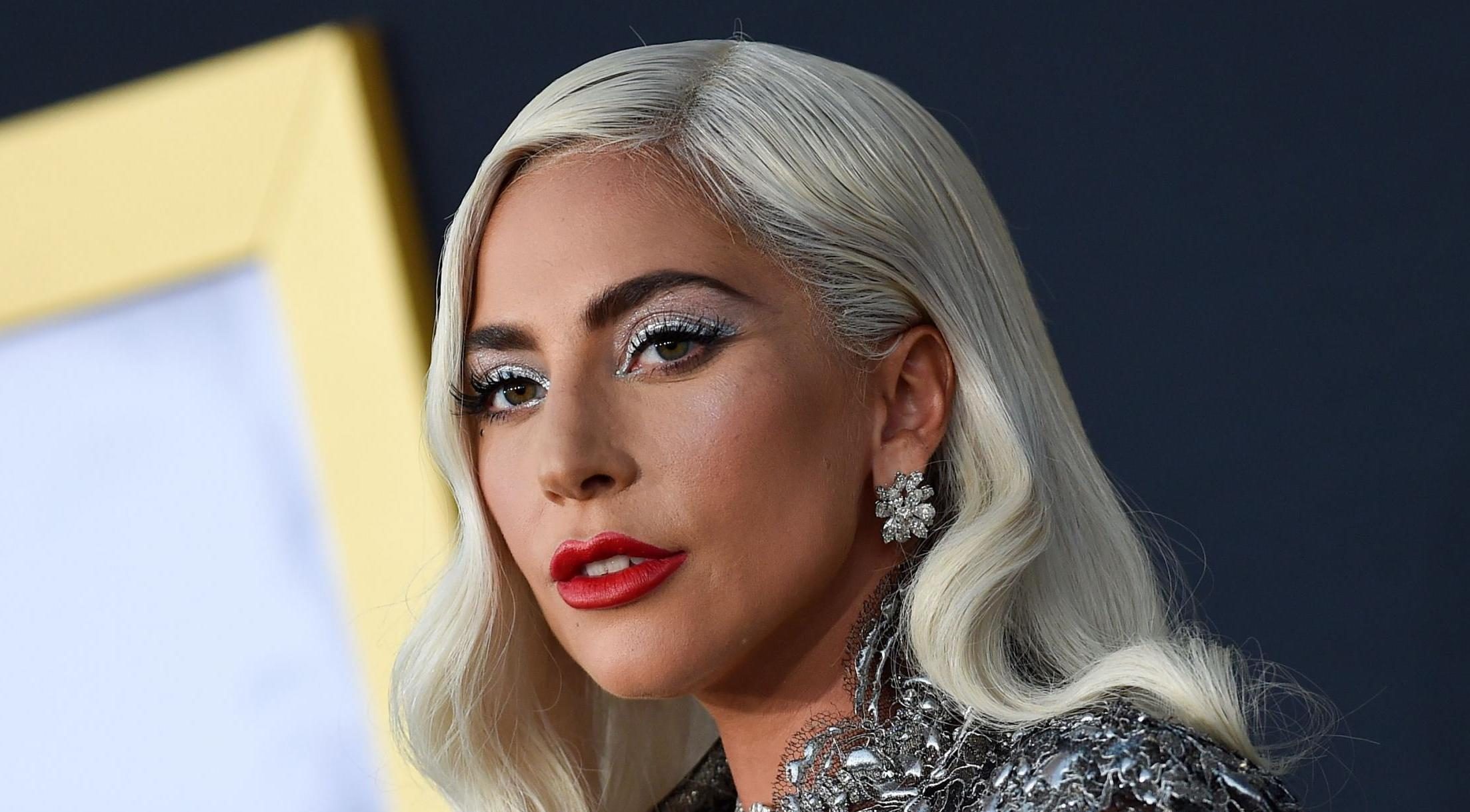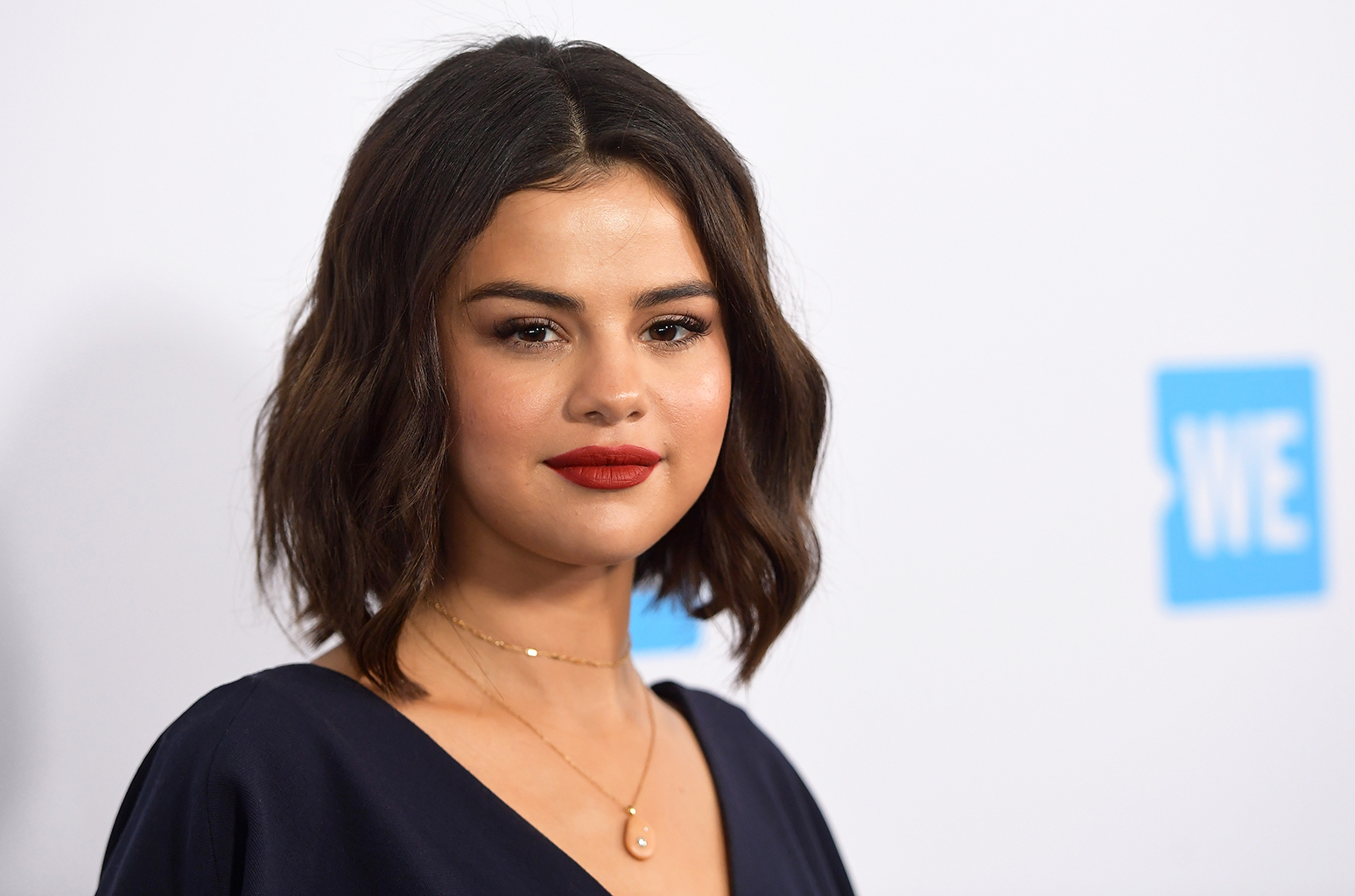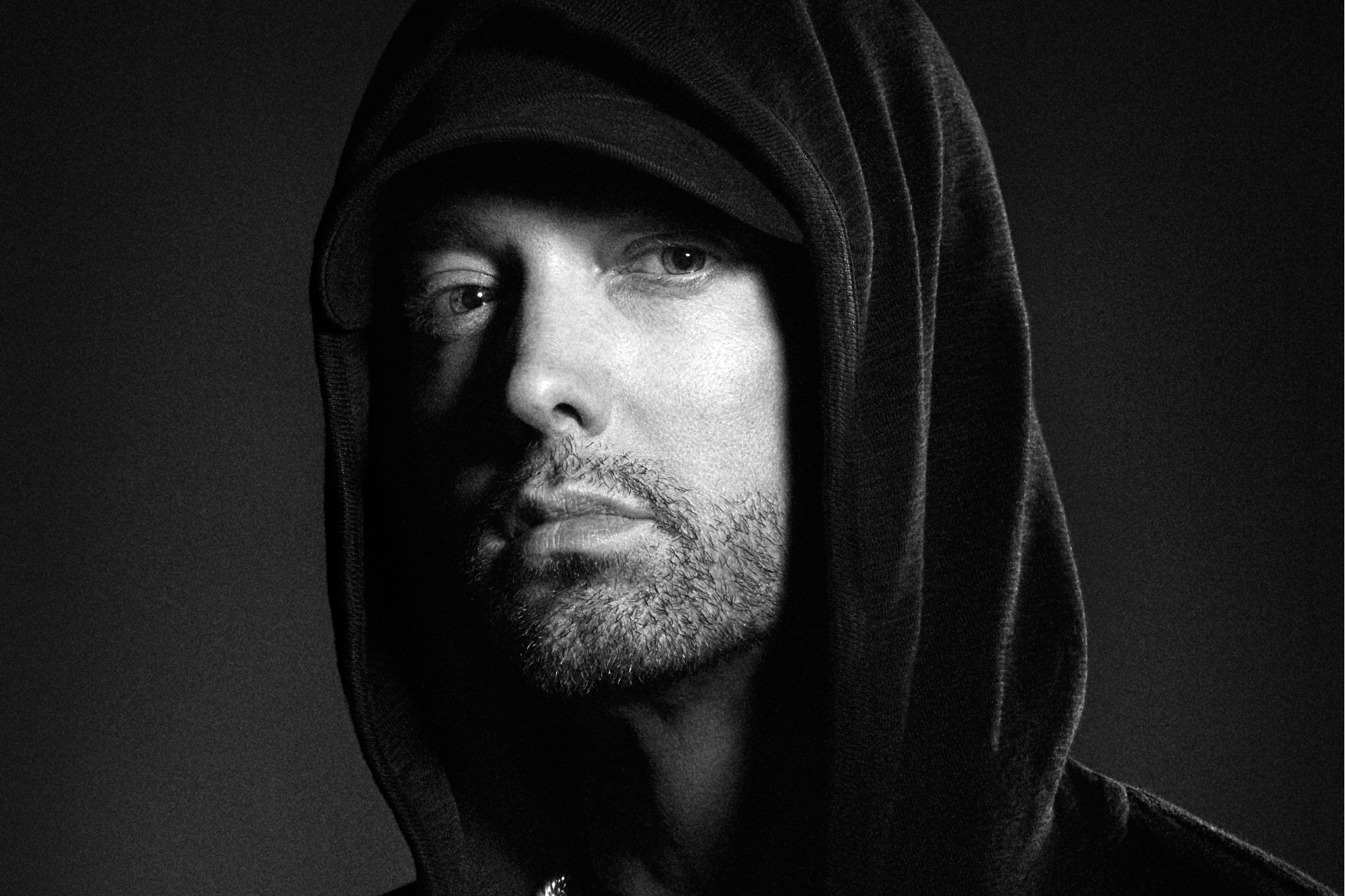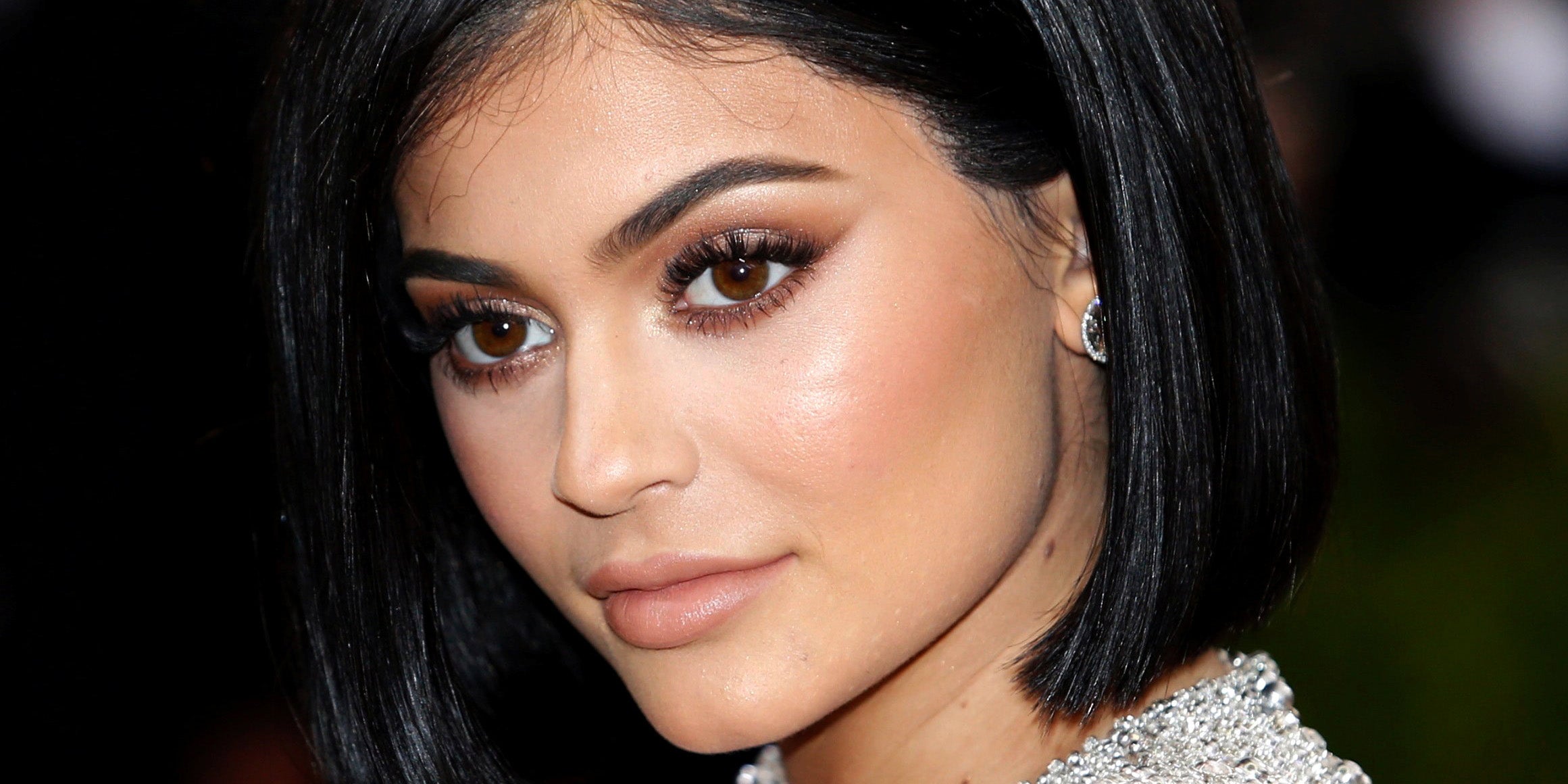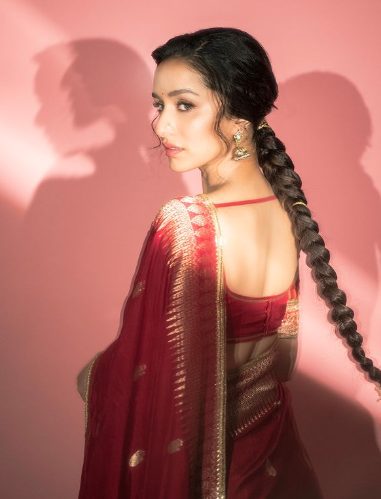
Matthew Lopez’s Take on Red, White & Royal Blue
What attracted you to this particular story for the screen?
Matthew Lopez: I read the book back in 2020 and I just fell frantically enamored with the story, with the characters. Alex and Henry are two individuals that I have never experienced in a book, particularly Alex. I just wanted to make this film. I recently realize that this was the kind of thing I needed to burn through two years of my life doing thus, I’m the fortunate individual who got to make it happen. I was at a ten on the energy scale for this thing.
Rom-coms are always endearing, but do you think we are moving away from this fairytale narrative to more realistic romantic narratives that also make one see the discomfort of love and the difficulty of relationships?
I think it is unavoidable that when more sorts of romantic comedies are made that are focused on networks that are not really remembered for those ongoing stories that you must consider the real factors of the world. There is something particularly valuable about unadulterated idealism and the film approaches something near idealism. It is totally a fantasy, there’s in a real sense a Mr. Perfect in it. What I generally felt was brilliant about is that this specific story won’t presumably ever occur, in actuality. These two individuals are a result of a writer’s creative mind. Notwithstanding, it was additionally vital to me that the film be grounded in a comprehension of the world we live in. In doing as such, you really can make the fantasy nature of it much more sweet.
What do you want people to take away from this film?
I, first and foremost, need individuals to live it up, to fall head over heels for these characters the manner in which I did. I really want to believe that they do. I figure it will be not difficult to do with Taylor (Zakhar Perez ) and Nicholas (Galitzine) at the focal point of the film. There’s something extremely strong about fantasizing. It’s anything but an exercise in futility by any stretch of the imagination. It is great for your creative mind and wellbeing. I trust this film permits individuals to wander off in fantasy land throughout the span of two hours.
We talk a lot about on-screen adaptations of novels. How closely does the film follow the storytelling in the book?
You can envision a 500-page novel being transformed into a two-hour film. The vast majority of the novel won’t appear in the film since that is exactly the way in which it goes, it is valid with each variation. The two greatest things that meant quite a bit to me in adjusting this were ensuring that Alex’s and Henry’s characters appeared on screen as conspicuous to individuals who love the book. Assuming I misunderstood entirely gotten that, it would have been a waste. I don’t figure individuals would have had the option to get to the film. I likewise, in an extremely broad, yet significant way needed to ensure that since there’s such a lot of that can’t be in the film as a result of the runtime, toward the finish of the film the crowd felt precisely the same way as they did toward the finish of the book. It turned out to be less about subtleties and more about sentiments. At the point when the credits moved toward the finish of the film, I believed individuals should feel precisely the same way when they shut that book and completed it interestingly.
What would you say is the trickiest part of adapting a book for the screen?
It is the comprehension that it isn’t the book any longer. It’s a completely unique thing. The entertaining thing is in a novel, you can do anything you desire since there are no financial plan limits. You can employ however many entertainers as you need, they all work for nothing since they are inside your creative mind. There’s absolutely nothing that you will stay put and do. In a film, you have limits of the real world and financial plan and time. My play, The Legacy, for instance, is a transformation too of Howards End’s book. I invested a great deal of energy adjusting books and I think other the main thing when you begin is to simply acknowledge that they are two extremely separate things. I attempt to continuously remind myself what it was about the first story that moved me and constrained me to do this.
Why did you choose this story to be your feature directorial debut?
I was taking a gander at two or three ventures and dealing with some at that point, I wasn’t exactly certain what that thing would be. I was most certainly anxious to make a film and was effectively seeking after that. Then, at that point, this came around and it happened rapidly. Something that was astonishing about the film is that filmmaking is a long, slow interaction and afterward occasionally, it simply goes rapidly. This met up exceptionally quick. There was never a second in the advancement of the film that we dialed back, or we said, “indeed, we should stand by a year.” There was a place where I was like “gracious, this is going on!” All the other things just dropped off the radar and this became it. It was exceptionally certain that this film needed and demanded being made. The fact that that’s the way it unfolded makes me incredibly lucky.
POST A COMMENT
You must be logged in to post a comment.



